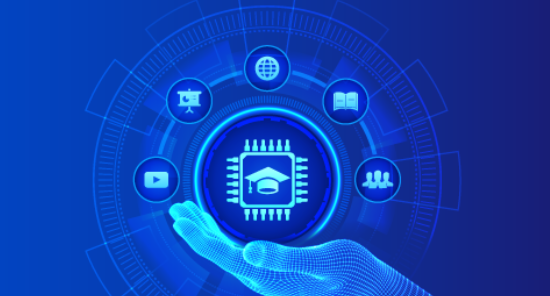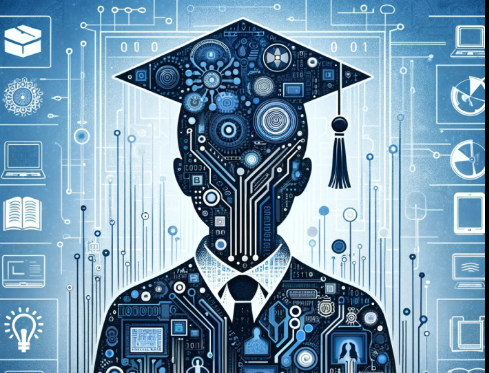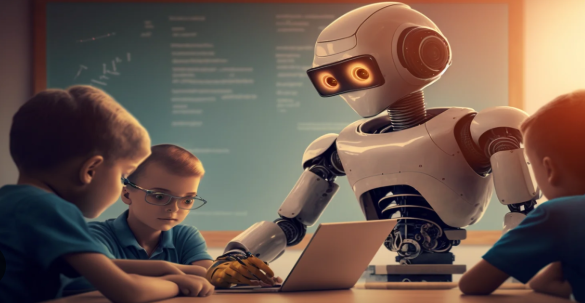Artificial Intelligence (AI) is transforming the educational landscape by introducing innovative tools and approaches that enhance teaching and learning. To fully grasp its impact, it is important to understand what AI is, how it works in education, and the benefits and challenges it presents.
What is AI in Education?
AI refers to computer systems designed to perform tasks that typically require human intelligence, such as learning, problem-solving, and decision-making.
In education, AI systems analyze data, adapt to student needs, automate routine tasks, and provide personalized learning experiences.
How AI Works in Education
AI leverages algorithms, machine learning, and natural language processing to interpret educational data.
For example, AI-powered platforms can track student progress, recommend tailored content, and even simulate human tutoring through chatbots and virtual assistants.
These systems continuously learn and improve from interactions with students and educators.
Benefits of AI in Education
AI offers several advantages including personalized learning paths, efficient administrative processes, enhanced accessibility for learners with disabilities, and immediate feedback.
By automating grading and administrative duties, AI frees teachers to focus more on mentorship and creative instruction.
Challenges and Considerations
Despite its potential, AI implementation faces hurdles such as data privacy concerns, the risk of bias in AI models, high costs of deployment, and the need for teacher training to effectively use these tools.
It’s crucial to balance AI integration with human oversight to maintain empathy and ethical standards in education.
The Future of AI in Education
As AI technologies advance, their role in education will likely expand, offering even more sophisticated personalized learning, predictive analytics for student success, and immersive experiences using augmented reality (AR) and virtual reality (VR).
Educators and policymakers must work together to harness AI responsibly and inclusively.
Conclusion
Understanding AI in education is essential for unlocking its full potential.
By combining technological innovation with human insight, AI can help create more effective, equitable, and engaging learning environments.





Leave feedback about this